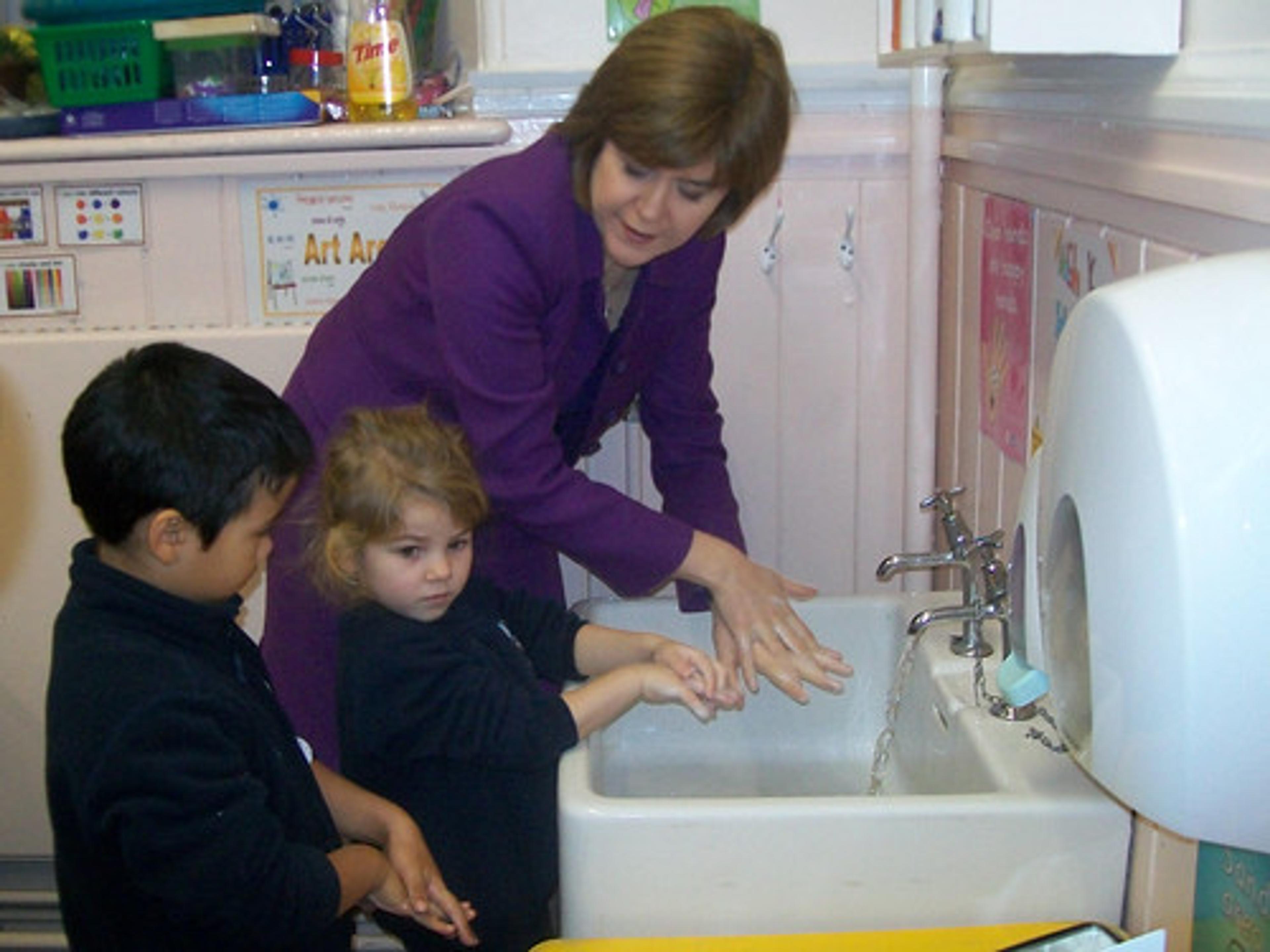#WellnessWeds: Ways You Can Fight Back-to-School Bugs
Angela Jenkins
| 4 min read

It is hard to believe that the start of the school year is right around the corner. You may have already started to get school supplies, clothes and making last minute preparations.
This can be an overwhelming time of the year for sure, but don’t forget to educate your child on how to be and stay clean and protect themselves from the bugs and viruses that are common during the start of the school year.
Bugs, Bugs, Everywhere Bugs
There are seven main culprits that keep kids out of school at the start of the school year, according to WebMD:
- Allergies
- Asthma
- Colds or sinusitis
- Stomach flu
- Head lice
- Pink eye
- Sore throat or strep throat
With the exception of allergies and asthma, these highly contagious conditions can be prevented through proper hygiene and not sharing personal items like hats and brushes and, if at all possible, not getting too close to others (I know, tell that to a kindergartner, right?)
Here is the complete complete article for more information on the seven conditions.
Prevention is Key
As I mentioned, there are several ways to prevent these contagious illnesses from spreading. Some of the best practices include:
- Wash, wash, wash! Washing your hands several times a day will help prevent the spread of germs.
- Don’t touch your hands to your mouth, nose or eyes without washing them first.
- Sharing food from the same utensil or plate can spread germs. Also, drinking from the milk carton (guilty) or double dipping can also lead to the spread of germs.
- Cover your mouth when coughing or sneezing. Failing to do this is one of the best ways to spread germs. Use a tissue or the inside of your elbow (I have heard it called Dracula’s shield, which may be fun to tell kids so they remember) to avoid spreading germs.
- Avoid sharing personal items like pillows, toiletries and towels.
- Use paper towels instead of shared towels in the bathroom and kitchen.
- If your spouse is sick, have one of you sleep on the couch or guest room (be sure to spray Lysol or other germ-killing agents if sick spouse sleeps on the couch).
- Spray a germ-killing agent on items like phones, remote controls and computers that are used by the family.
Wash Your Hands
It may seem like common sense to wash your hands before or after certain activities, and hopefully it is. Here are some reminders for when you should wash your hands. Do it even more frequently during the beginning of the school year and cold and flu season:
- Before and after preparing and eating food
- After using the bathroom
- Before and after changing a baby’s diaper
- After sneezing or coughing
- After picking up or petting an animal or taking care of animal waste
- More often if someone in the household is sick
Proper Technique
Since hand-washing is one of the most effective and easiest ways to prevent the spread of germs, I thought it was important to include a reminder of how to do it properly. This is also a great way to teach and make sure kids are washing the right way was well.
- Wet hands and apply liquid soap. If using bar soap, lather up and put the bar on a dish that allows the excess to drain.
- Actively rub hands together for 15 to 20 seconds. That’s how long it takes to sing “Happy Birthday” two times. If you are teaching kids this technique, you can change up the song to “Twinkle, Twinkle Little Star” for about the same length of time.
- Rinse well and dry your hands. If you are in a public restroom, use paper towel or an air dryer.
- If liquid or bar soap is not available, use an antibiotic gel or hand sanitizing wipes.
Practicing these tips before, during and after flu season or if you are around someone who is sick will definitely help the spread of germs. They are not, however, foolproof ways to avoid catching an occasional bug.
What are some ways you stay healthy during flu or back to school season?
Photo credit: Engage for Education Resource: Web MD





